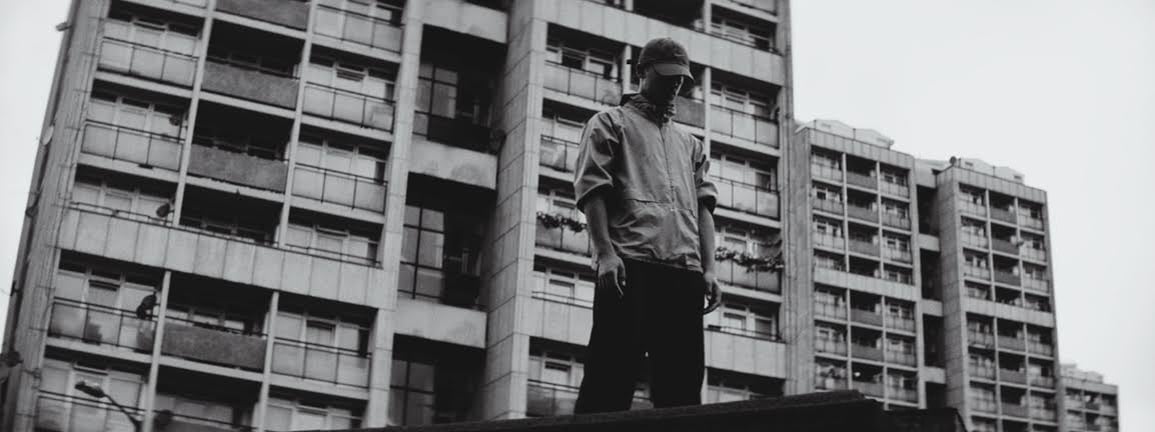This is an incredibly strong monologue performance. What drove you to write the narrative?
The Composer lives in the same universe as my other short film Without A Word, which is a film where body movements rather than words, portray feelings of misplacement and stereotypes. After I had finished Without A Word, I felt that I had to create a film where I went to the other extreme, which was to create a film that would mainly use sound, in this case a monologue, to portray similar types of feelings of misplacement and stereotypes.
But the underlying cause of why I wrote The Composer the way I did, I guess is due to my own background. I grew up in Stockholm, Sweden to Moroccan parents, and I realized early in life, that I was different to the norm. I didn’t look the same as most of the people that I interacted with every day, I had a set of cultural habits that made me stand out, and my name was not Jonas, but Youness. I was just different and sometimes people don’t do too well with different.
So, The Composer, is really a take on what we as human beings tend to do to other people that we don’t fully know or understand, and that is to stereotype. Most of us do it to an extent, and I really feel that it’s important that we understand why we do it, and to realise that behind the stereotype-persona that we create for other people in our own heads, is a person, just like you and me. A person with dreams, goals and a desire to live.
The monologue is a set of examples of what people experience every day.
How did you cast for the lead performer?
I had written the script from my point of view, there were a lot of tweaks and talks between me and Cheyenne our producer. But as soon as I met Sean, I knew that I had to tweak the script to make it work for him and to draw on his past experiences of being stereotyped by other people.
Sean and I worked a lot on the rehearsal of the monologue. It is the heart beat of the film and I really wanted his words to mean more than just words, both to Sean and to the film’s audience. I wanted the pain to transcend from Sean straight into the viewers watching.
Could you tell us please about the directing process with Sean Richards-Mulzac – was there a lot of rehearsal time to develop the script?
We all agreed that the driving force of this film was the monologue, so in terms of production we had a clear understanding that we needed a strong location to accommodate Sean’s performance. I also wanted to shoot this film indoors. I didn’t necessarily know what type of indoor location though until we stepped into Dagenham Civic Centre. The place is just beautiful, with a powerful feel and atmosphere to it, as soon as we walked through the doors, that was it – we all knew it.
I think we were the last people to film there as it has now turned into a University.
Is there anything you would have done differently if you’d had more time, more budget?
For me, each film is a stepping stone, a learning curve. The more I do it, the more I progress and the more I learn. I try not to look back too much, but to look forward, and if I could only name one thing to take forward with me from this film, then it would be the importance of rehearsing.
Rehearsing really changes everything, and I’ve learned that the rehearsal is not just something you do at the end. It is a process that should be with you from the start, because it helps you form, articulate and it enables you to see your creation, from a whole different perspective than you could before – that is powerful.












